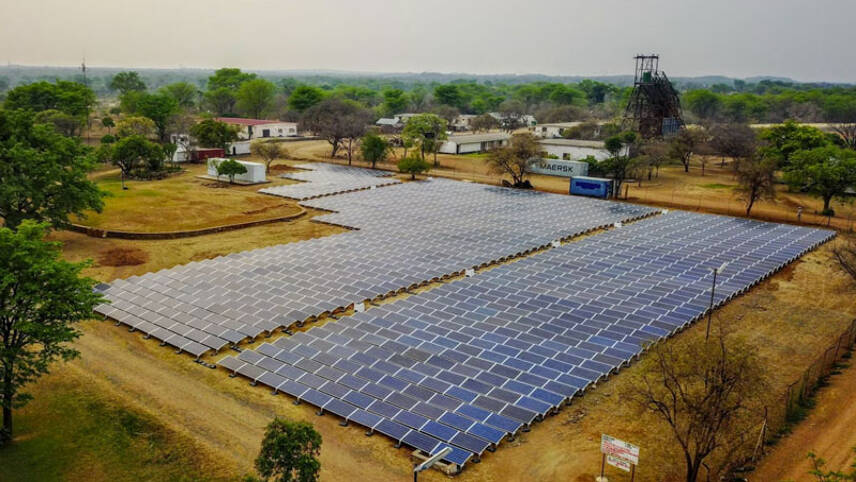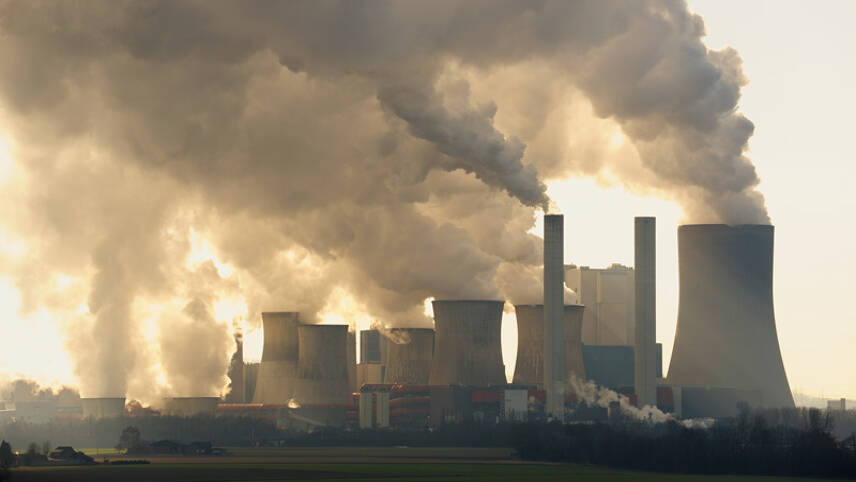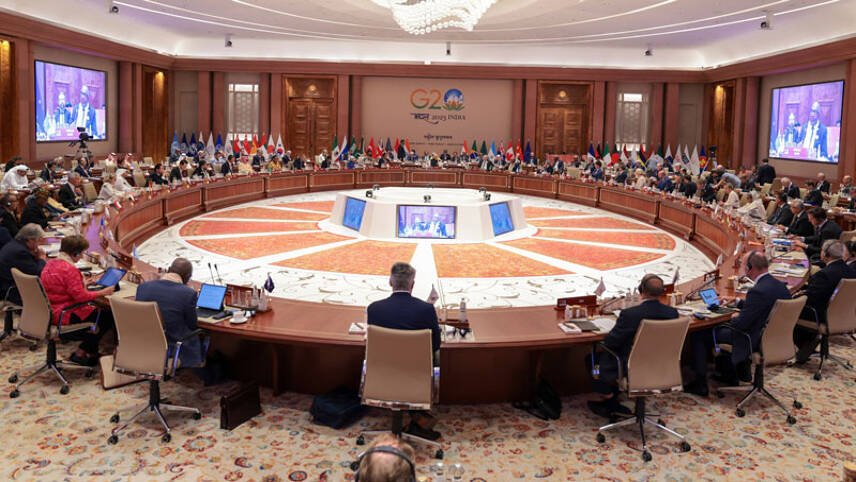WOBO thanks edie for the links to sample articles
 Africa accounts for just 2% of global clean energy investment
Africa accounts for just 2% of global clean energy investment
That is according to the International Energy Agency’s (IEA) latest analysis, released to coincide with the first Africa Climate Summit running in Kenyan capital Nairobi this week.
The IEA has revealed that, despite accounting for around 20% of the global population, African nations are the destination for just 2% of international spending on clean energy. This calculation covers both public and private sector investment.
With such a low level of spending, there is little to no chance of the continent aligning with the UN’s seventh Sustainable Development Goal (SDG), which concerns universal access to clean, affordable energy.
The IEA estimates that 77% of the population in sub-Saharan Africa lacks energy access. This is going by basic definitions of access; an even greater number of people will lack access to the level of energy needed to run a business or community facility.

Neglecting industrial decarbonisation may cost UK £224bn by 2050
Report: Neglecting industrial decarbonisation may cost UK £224bn by 2050
The report emphasises the need for a UK strategy that focuses on green technologies and sectors where economies of scale are manageable and a comparative advantage exists.
These include offshore wind, sustainable aviation fuels, tidal power, port infrastructure, nuclear energy, and carbon capture but also strengths in chemicals, power machinery, road vehicles, beverage production, and aerospace.
Additionally, the report highlights the UK’s excellence in regulatory capabilities, research, innovation, and services exports.
The Aldersgate Group is calling on the government to harness these strengths, encourage private investment through clear policies and financial support, and take prompt action to strengthen green industries.

Fossil fuel giants still undermining Paris Agreement despite net-zero pledges
Fossil fuel giants still undermining Paris Agreement despite net-zero pledges
The think-tank has this week published a new analysis of these companies’ current emissions footprints and future plans to reduce them.
Factors assessed include whether targets include Scope 3 (indirect) emissions, including those from burning extracted fuels, and whether long-term targets are backed up with verified interim targets. Issues also assessed include whether companies are betting on ‘silver bullets’ like man-made carbon capture or divestment.
Carbon Tracker concluded that none of the firms are aligned with the Paris Agreement – especially its more ambitious trajectory of capping global heating to 1.5C on pre-industrial levels.
Saudi Arabian state-owned firm Aramco was deemed to have the weakest climate plan of the 25. It has stated a 2050 net-zero goal but Carban Tracker found no evidence that this target covers all notable sources of operational emissions, nor any Scope 3 emissions. Aramco is also yet to set out interim targets to reduce absolute emissions.
Also in the bottom five are Chinese firms Sinopec and PetroChina, plus Brazil-based Petrobras and American multinational Exxon.
Only one company, Italy’s Eni, is deemed as having climate plans that are ‘potentially’ compatible with the Paris Agreement’s 1.5C trajectory. Eni has a 2050 net-zero goal covering all scopes and is vying for net-zero operations by 2030. It has set interim goals on both intensity-based and absolute emissions bases.

Global Stocktake: UN urges ‘radical’ changes in climate policy plans at COP28
The stocktake confirms, as the UN has done before, that the world is on track to warm beyond the trajectories set out under the Paris Agreement in 2015. These are 2C and 1.5C.
Beyond these trajectories, climate scientists have stated, cascading risks will likely crystallize rendering parts of the planet currently hosting billions ‘unliveable’. Island nations in the Global South have repeatedly called any exceeding of 1.5C a death sentence.
The UN has warned that levels of progress so far will need to be majorly accelerated if the Paris Agreement is to be delivered. It has called for “deep and immediate emission cuts across all sectors and regions”.
There needs to be at least a 43% reduction in annual global emissions by 2030 to keep 1.5C alive.

G20 nations agree to treble renewable energy capacity, but water down fossil fuel pledges
It had been hoped that the Summit, hosted in New Delhi during the weekend, would set out strong terms for global consensus on decarbonisation, sustainable development and protecting and restoring nature ahead of the UN’s climate summit in Dubai this winter.
This was particularly crucial after a frought process at the G20 meeting for Energy Ministers earlier this year. At that meeting in July, several nations were reluctant to agree to a more rapid energy transition, citing increased profitability of fossil fuels in the energy price crisis and a heightened focus on energy security. No final communique was produced.
This weekend’s summit did see nations finally agreeing to “pursue and encourage efforts to triple renewable energy capacity globally” by 2030. This is a vision that has been recommended by the International Energy Agency (IEA).
